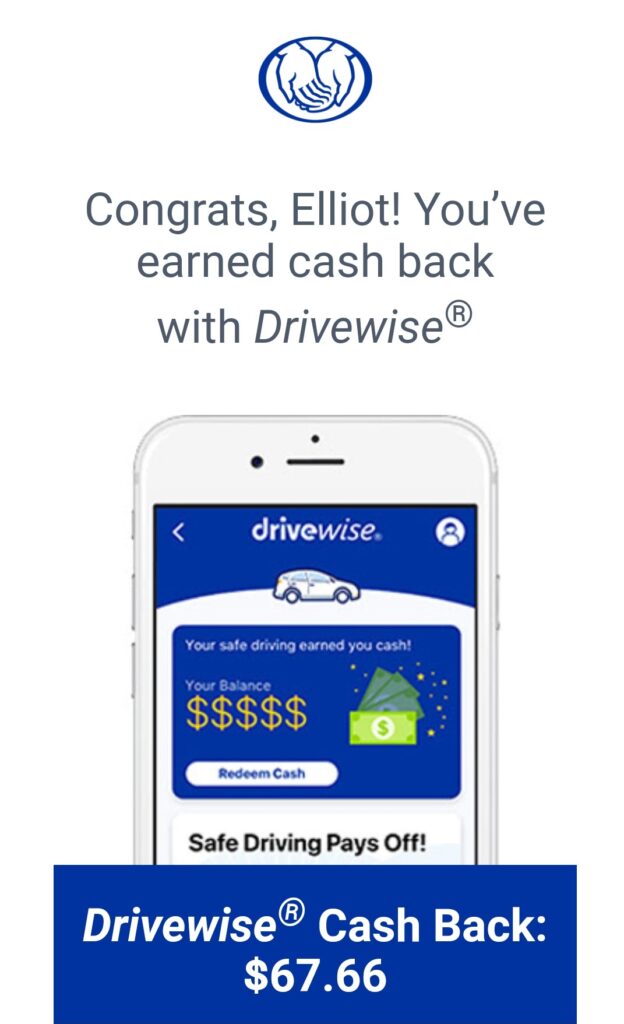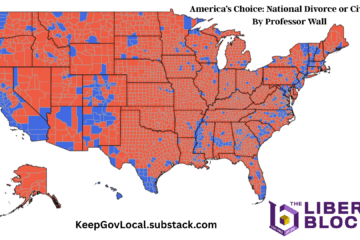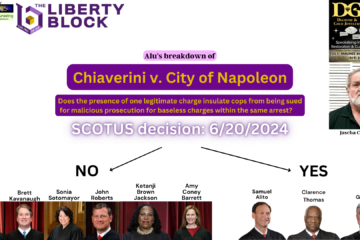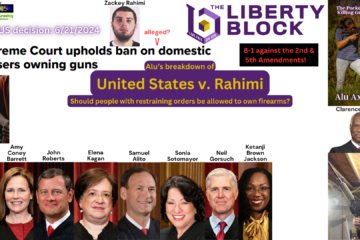It is commonly said that we absolutely need governments in order to maintain safe roadways. Drivers can’t control themselves nor can they police each other. As such, we must allow politicians to pass some laws – and cops to enforce those laws – to ensure that we are safe when travelling to and from work. We are lucky to have such great cops who work so hard to keep us safe from drivers who speed or text behind the wheel. But what if traffic safety could be acheived without the inherently coercive government and their armed enfrocers? Could the free market possibly make people drive more safely?
The free market is already doing just that.
Currently, at least 17 auto insurance companies give drivers a discount for driving safely. They do this because they benefit greatly from insuring safe drivers, because they do not file many expensive claims, saving the insurance company lots of money. When a driver proves to their insurer that they are a responsible, safe, low-risk driver, the company rewards them by passing on some of the savings they receive from insuring the low-cost driver.

Comparing incentives
The incentive for car insurance companies is to encourage their drivers not to file claims. This means that they encourage their customers to adopt safe driving habits, such as driving below 80 MPH and not making many hard brakes. Conversely, the incentive that drives police officers is often ticket and arrest ‘quotas’, revenue collection, surveillance, and domination over citizens. Which incentive do you want to be the motivation behind traffic safety?
Competition vs. coercion
Another stark contrast between government/police and private insurance companies is that our current system of policing is nearly 100% protected from competition. If you do not like a cop that pulls you over and demands $500 as punishment for driving 70 MPH on a highway, you can’t exactly ‘find a new police officer’. If you don’t like your car insurance company, on the other hand, you can easily find a new one. This competition is what keeps your satisfaction as the top priority for all private companies. They cherish you as a customer and do not want to lose you. If you stop voluntarily paying them, they really lose money. Governments do not need customers to voluntarily give them money. They demand taxes by force.
Privacy concerns
Some of the ‘safe driver programs’ offered by private insurance companies utilize apps that use your phone to track your speed, location, and driving habits. Some people feel that this is too invasive. Some people even speculate that the companies are selling some of this information to advertisers (the Facebook business model). Nobody is forcing these people to opt into using these programs, though. Privacy is important enough to me that I would be unlikely to download such an app unless I could be guaranteed that my privacy would be respected to a sufficient level. Police also violate our privacy in the name of traffic safety, though. And when police violate our privacy, we cannot escape their perpetual surveillance by ‘switching providers’ like we can with car insurance. Here in New Hampshire, automatic license plate scanners are increasingly being used by police to spy on innocent citizens. Other than magically convincing politicians to pass a bill limiting their own powers, there is nothing we the people can do about these increasing violations of our privacy.
The future
I am confident that this new concept will evolve greatly over the next few years. I expect insurance companies to utilize mobile devices to monitor much more than they currently do. Using apps on drivers’ smartphones, insurers could monitor whether the driver is touching the phone while driving. Once companies partner with automakers, they could monitor driving habits such as lane drifting, aggressive driving, violating speed limits, failing to wear a seat belt, and much more. Some people will love the savings they’ll earn for driving safely, and some will hate the intrusions on their privacy. Thankfully, as long as the private industry handles the future of traffic safety and the government gets out of the way, every driver will get to choose which type of insurance company they want to patronize.
Not perfect…yet
In addition to privacy concerns, some skeptics of private insurances’ safe driver programs believe that they are too harsh on average drivers and that they are not yet worth the money savings (though you can save huge percentages if you play your cards right). However, as mentioned above, these programs can and will improve. They are subject to competition, meaning that they either improve or they fail – which would give space to a better company to fill its place. Wouldn’t it be nice if politicians and government agencies had to earn our patronage, too?
This article does not necessarily reflect the opinions of The Liberty Block or any of its members. We welcome all forms of serious feedback and debate.


